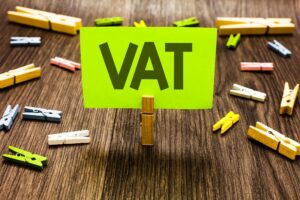When a couple separate or divorce it is unlikely that they are thinking about any tax implications. However, apart from the emotional stress, there are also tax issues that can have significant implications.
For example, when a couple are together there is no Capital Gains Tax (CGT) payable on assets gifted or sold to a spouse or civil partner. However, if a couple separate and do not live together for an entire tax year or get divorced, then CGT may be payable on assets transferred between the ex-partners.
This effectively means that the optimum time for a couple to separate would be at the start of the tax year so that they would have up to a year to plan how to transfer their assets tax efficiently. Obviously, in the real world most couples will have far more on their minds than deciding to get separated on a certain day, but these issues should be considered.
It is also important to make a financial agreement that is agreeable to both parties. If no agreement can be reached, then going to court to make a 'financial order' will usually be required. The couple and their advisers should also give proper thought to what will happen to the family home, any family businesses as well as Inheritance Tax implications.



